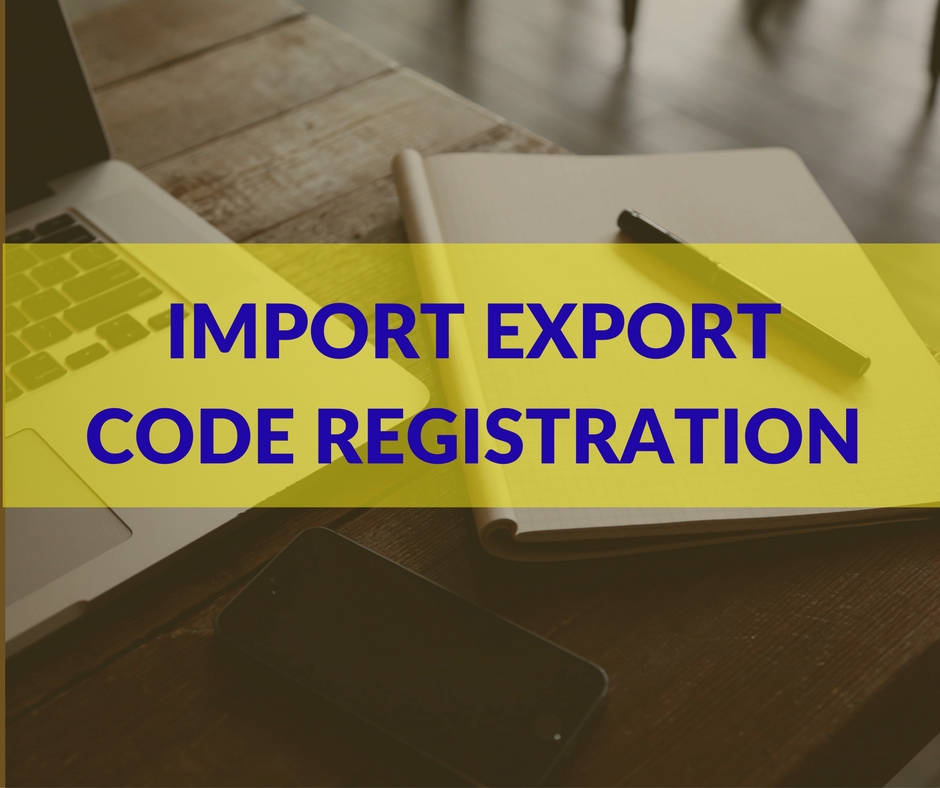IEC (Import Export Code) – Why Your Business Needs It
Unlocking international growth is a dream for many Indian businesses, and the Import Export Code (IEC) is the doorway that makes cross-border trade a reality. Here’s a humane, step-by-step guide that demystifies why your business needs the IEC and how to get it—tailored for exporters, sellers, and ambitious entrepreneurs.
What is the IEC?
The IEC is a 10-digit unique business identification number issued by the Directorate General of Foreign Trade (DGFT), Government of India. If your business wants to import to or export from India—whether goods or even certain services—having an IEC is mandatory. Without it, shipments get stuck at customs, and international payments can't flow through Indian banks legally.
Why Your Business Needs an IEC
1. It’s the Legal Passport for Global Trade
-
Mandatory for Imports & Exports: Indian law requires every importer and exporter to register for an IEC—otherwise, you simply can’t legally ship goods in and out of the country.
-
Customs Clearance: Ports and airports require an IEC to release cargo.
2. Seamless International Payments
-
Indian banks need your IEC to process foreign currency transactions for imports/exports.
-
Without an IEC, international wire transfers are blocked for business purposes.
3. Access to Government Schemes & Benefits
-
With a valid IEC, exporters can claim rebates, duty drawback, and incentives (like MEIS, SEIS) that help boost profits.
-
Unlocks eligibility for export promotion councils and government support.
4. Enables E-commerce and Services Exports
-
Selling on platforms like Amazon Global, Etsy, or offering digital services to overseas clients? IEC is needed for legal compliance—even for solopreneurs and freelancers.
5. Enhances Business Credibility
-
Builds trust with international buyers, partners, banks, and logistics providers.
-
Shows you’re a “verified exporter/importer,” opening doors worldwide.
6. Lifetime Validity—No Renewal Hassle
-
Once allotted, your IEC is typically valid for the business’s lifetime, with only a simple annual (online) update—no renewal process or fees.
Who Must Have an IEC?
-
All Indian businesses – companies, partnerships, LLPs, proprietors, HUFs, and even trusts.
-
Individuals and freelancers exporting goods or offering digital services overseas.
-
Exceptions: Imports/exports for personal use (not commercial), government departments, and certain notified bodies are exempt.
Step-by-Step Guide: How to Apply for IEC Online
It’s 100% online and user-friendly:
1. Visit the DGFT Portal
-
Go to: dgft.gov.in
2. Register or Log In
-
New users: Create an account using your PAN, mobile, and email.
-
Existing users: Log in with credentials.
3. Complete the IEC Application (Form ANF-2A)
-
Fill out business and personal details (name, address, PAN, bank info).
4. Upload Supporting Documents
-
PAN card (individual or business PAN)
-
Address proof (utility bill/rent agreement)
-
Bank certificate or cancelled cheque
-
Passport photo (for individuals/proprietors)
-
Business registration certificate (for firms/companies)
5. Pay the Application Fee
-
Nominal fee: ₹500 (as of 2025), payable online.
6. Submit and Track Status
-
Apply. You’ll receive an acknowledgment for tracking.
7. Get IEC Certificate by Email
-
Issued in as little as 1–2 days if all details are correct (can take up to 15 days in some cases). Download and print your digital IEC certificate.
8. Don’t Forget—Annual Update
-
Update your IEC online between April–June every year to avoid deactivation.
Key Tips and Pro Tips
-
Double-check PAN, address, and bank details—mistakes can delay approval.
-
Only one IEC per PAN—don’t submit multiple applications.
-
If you change address or bank, update IEC on the portal right away.
-
Link your IEC with the ICEGATE portal for customs tracking.
Humane Takeaway
IEC registration isn’t just a formality—it’s your business’s official passport to the world. Without it, international trade is impossible, but with it, global markets are truly open to you. Whether you export handicrafts, ship software, or import machinery, an IEC lets you dream bigger, move faster, and operate fully in the international arena.
Visit - https://www.filingworld.in/
#filingworld
